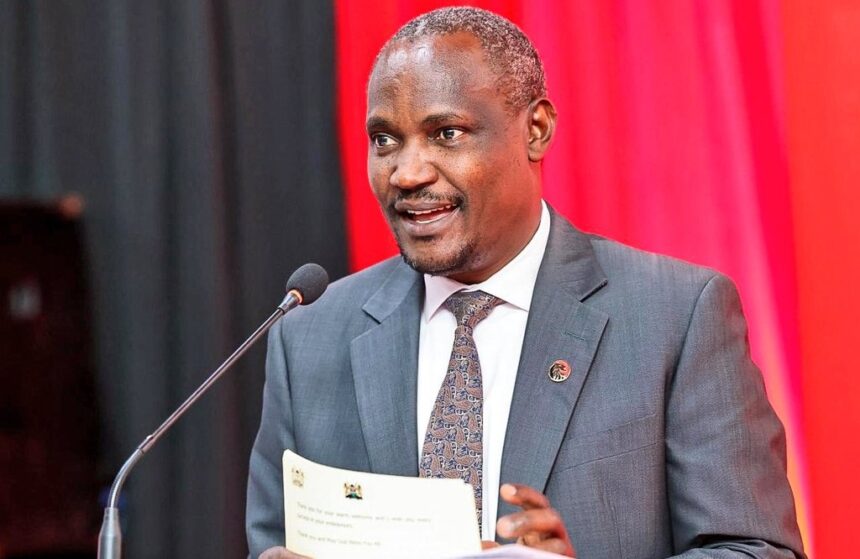The African Development Bank (AfDB) has raised new concerns about Kenya’s growing public debt. The bank warns that weak capacity in key government institutions is worsening the problem. It says Parliament and the Treasury’s Public Debt Management Office (PDMO) lack the skills needed to manage and oversee borrowing. This gap makes it hard to detect fiscal risks. It also limits the country’s ability to control loan growth and avoid costly borrowing.
The AfDB notes that the National Assembly plays a central role in setting debt limits and supervising public spending. However, MPs lack enough technical and human capacity to analyse complex debt issues. This makes strong oversight difficult. The skills shortage has allowed borrowing to rise without proper checks. The report adds that the PDMO faces similar weaknesses. The office must negotiate and manage public debt, yet it struggles to identify risks linked to new loans.
The AfDB warns that these weaknesses have fuelled heavy borrowing for years. Kenya has taken large loans for infrastructure, recurrent spending and refinancing. As a result, public debt has climbed to 65 percent of GDP. This level is far above Parliament’s 55 percent limit. The bank says this poses a risk to the economy.
The report, titled Unpacking the Drivers of Public Debt Dynamics in Kenya, was published last week by economists Duncan Ouma and Martin Nandelenga. It concludes that Kenya has a strong legal framework for managing debt. However, the system only works when institutions have the skills to enforce it. Low technical capacity has weakened oversight.
Parliament set up the Parliamentary Budget Office (PBO) in 2007 to help MPs review budgets and monitor spending. PBO director Martin Masinde says the office has skilled staff who can analyse fiscal issues. But he notes that MPs often ignore the advice they receive. He says the main challenge is not capacity within the PBO but the political environment. He adds that key oversight committees, such as the Public Debt and Privatisation Committee, are not working as expected. These committees should be led by the opposition, but the current political setup has weakened that role.
Poorly Structured Loans Increase Risk
The AfDB also criticises the Treasury’s debt office for allowing the build-up of poorly structured loans. The report says Kenya now carries debt with short repayment periods, high interest rates and exposure to currency risks. These issues increase repayment pressure and raise the cost of servicing debt. Past audits by the Auditor General show that the PDMO lacks enough skilled officers to negotiate favourable loan terms.
To address these challenges, the AfDB recommends the creation of an independent fiscal council. The council would include experts from the Treasury, academia and the wider economic sector. It would provide objective advice and guide Kenya’s borrowing decisions
Also read: Dr. Oburu Odinga Formally Approved as ODM Party Leader









